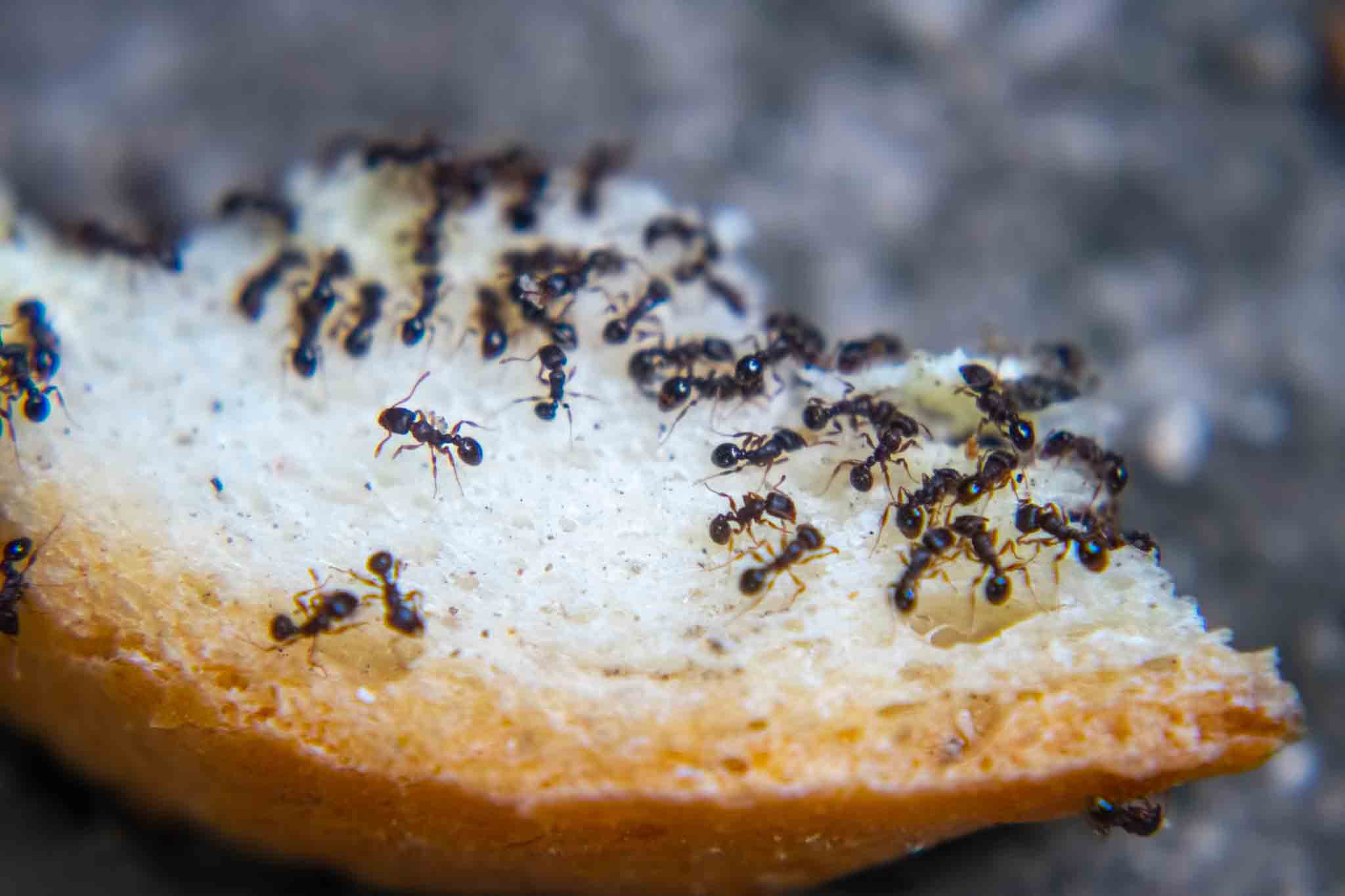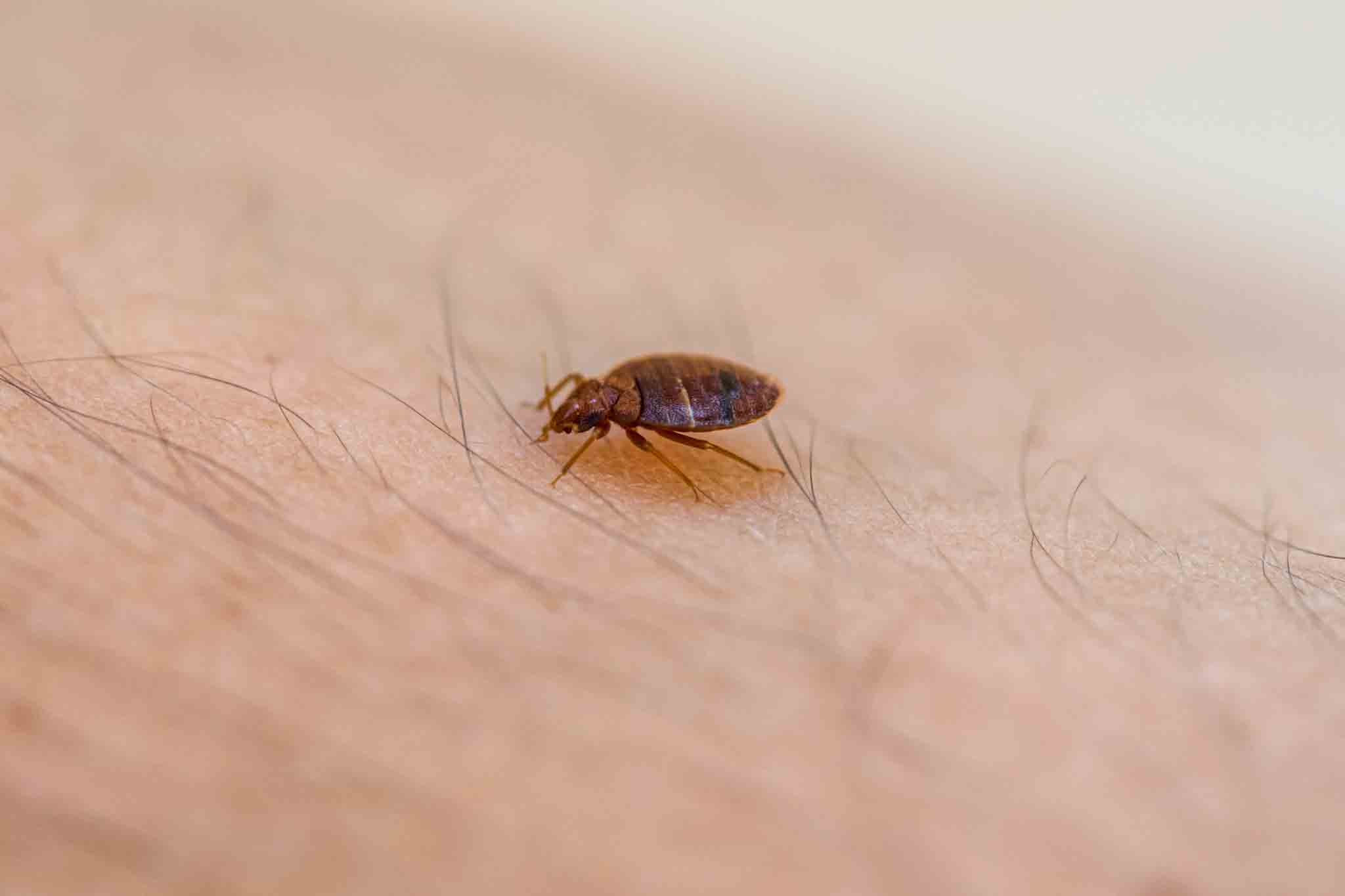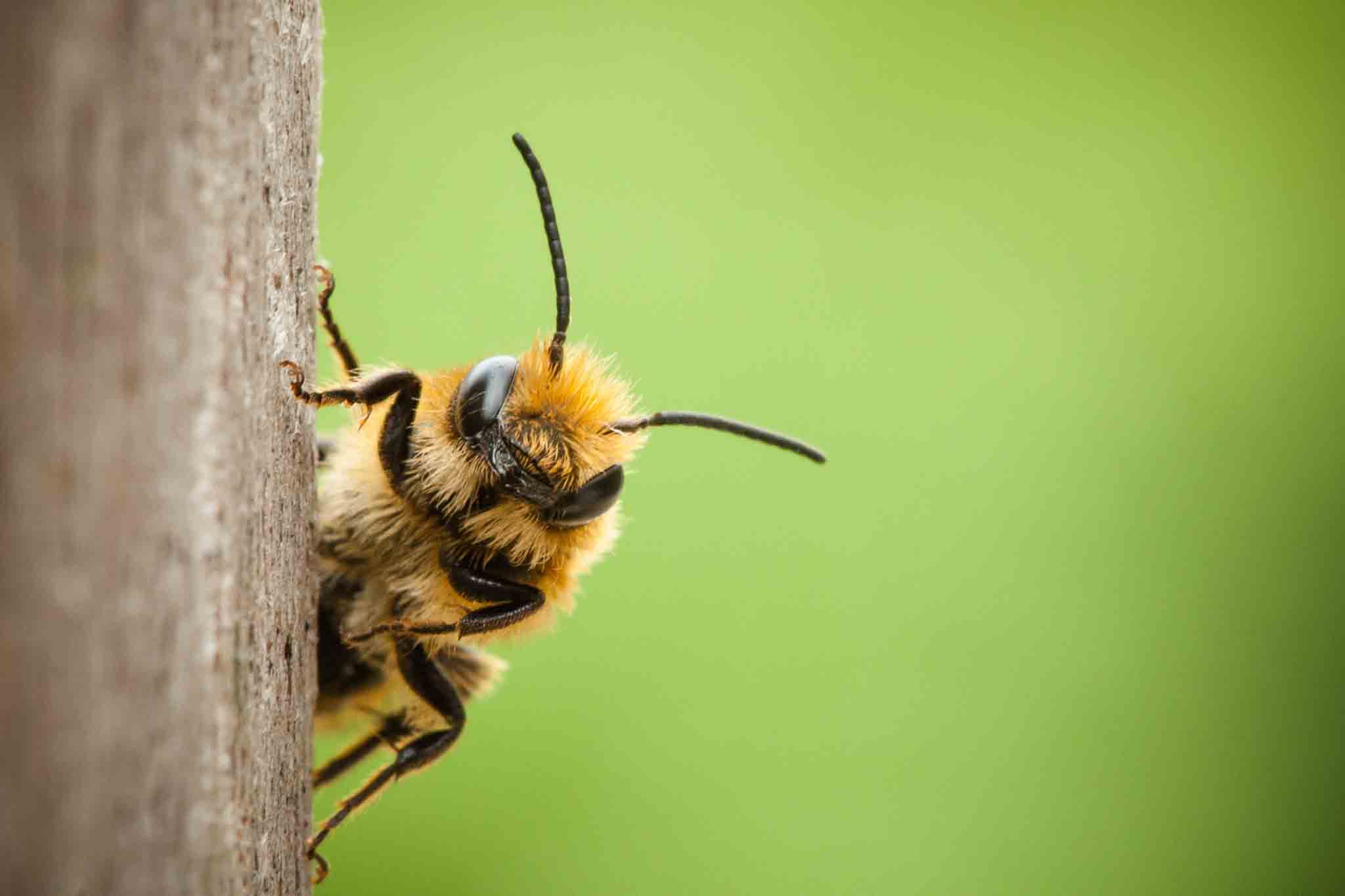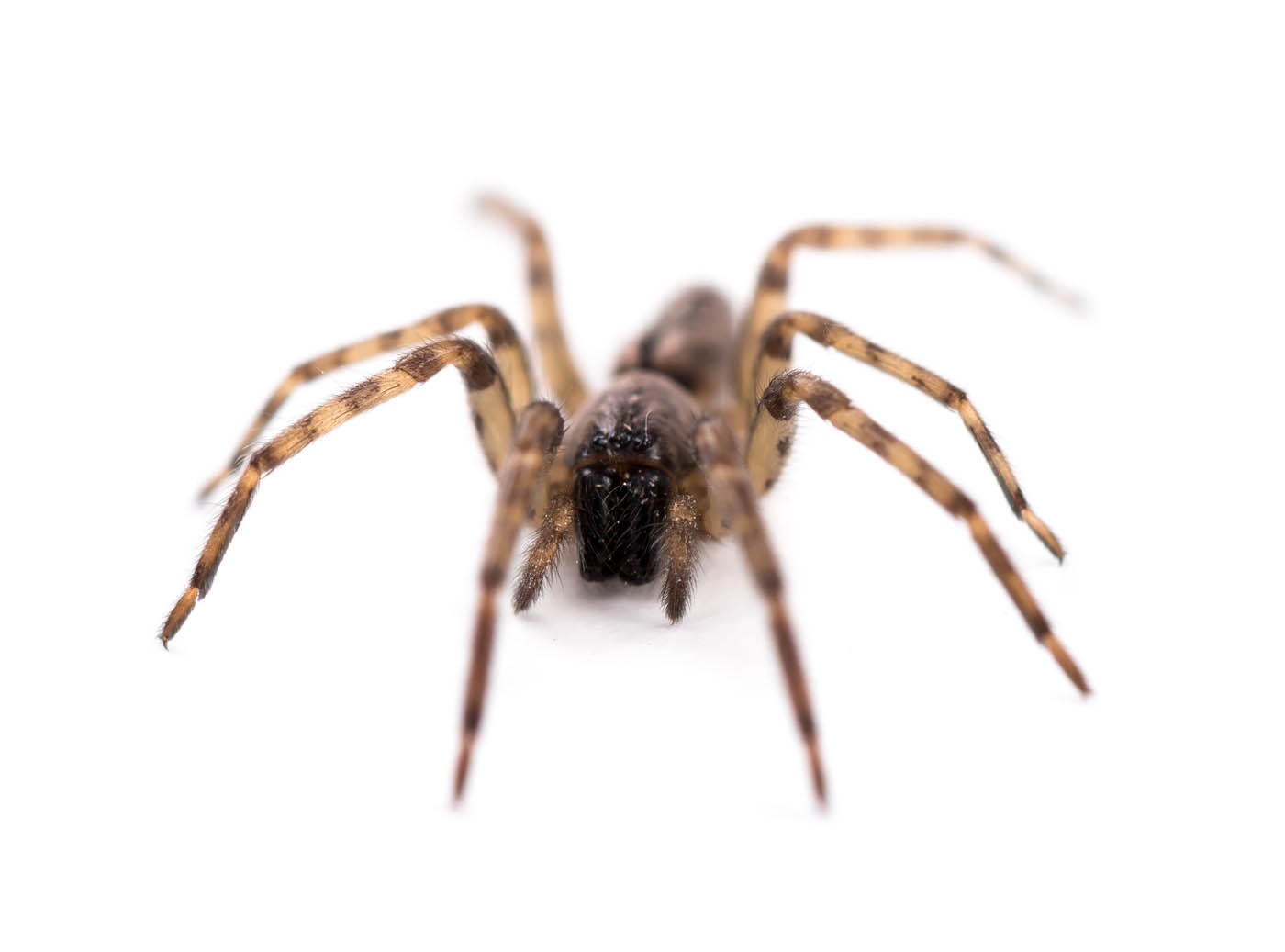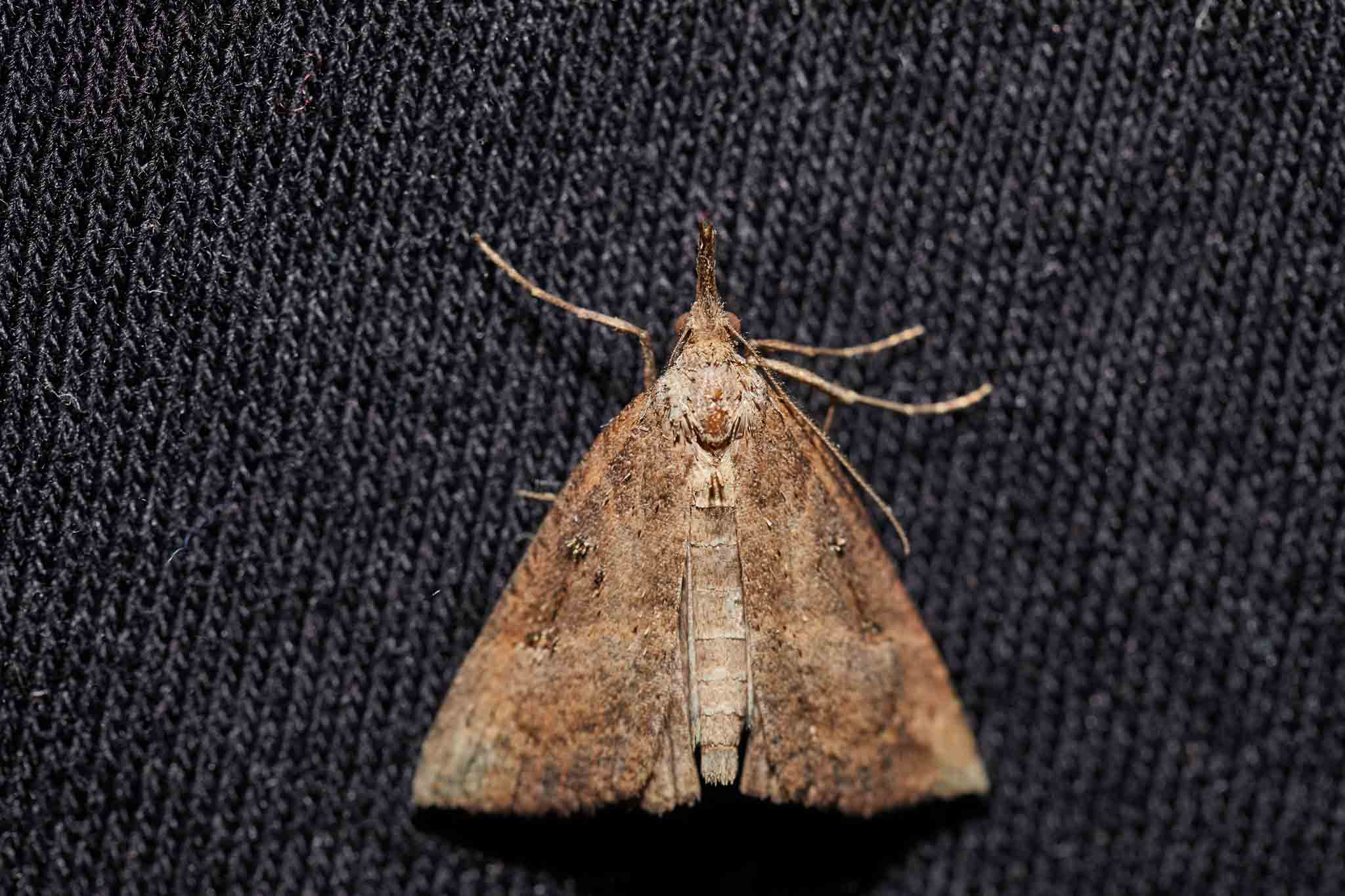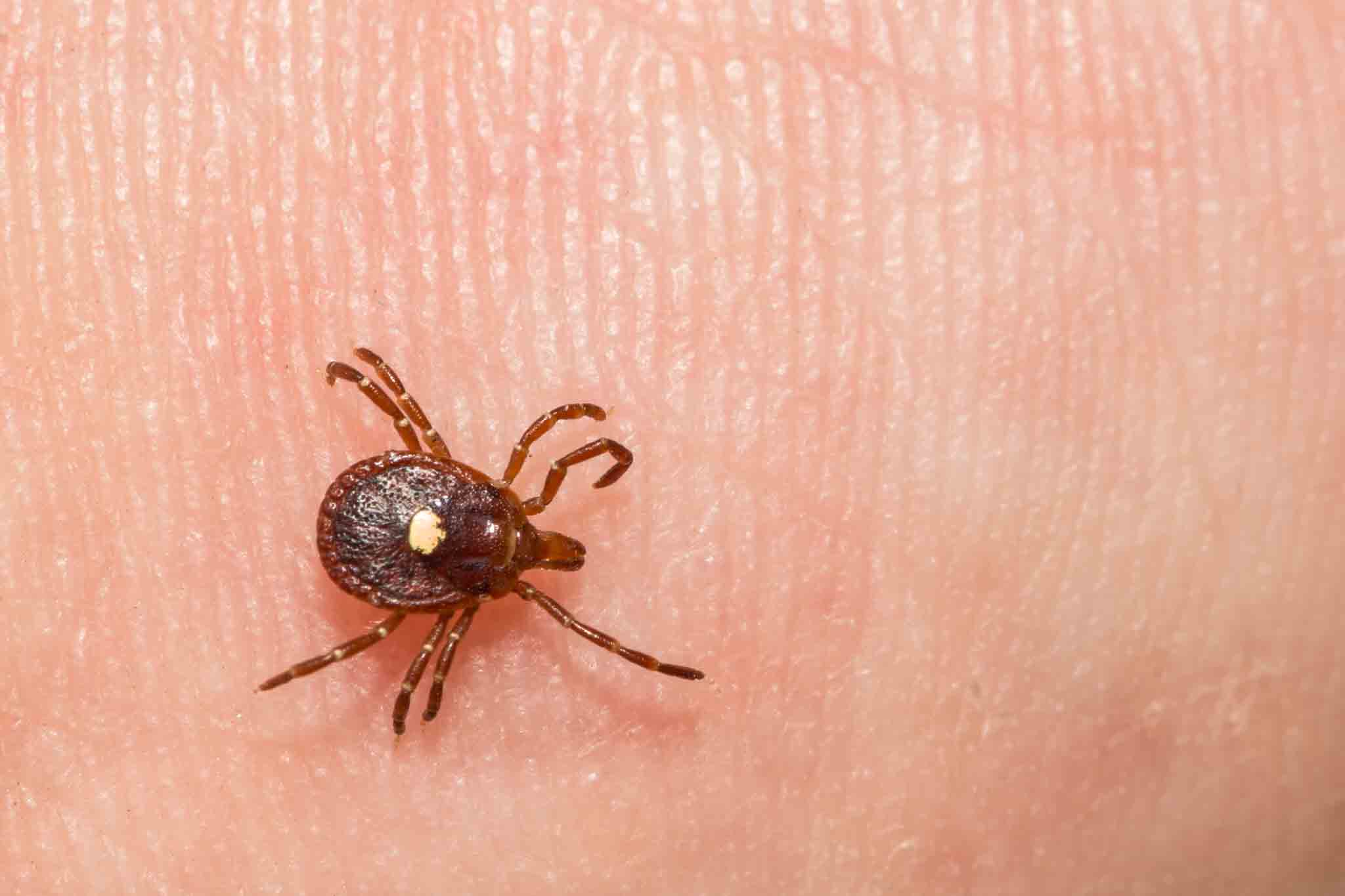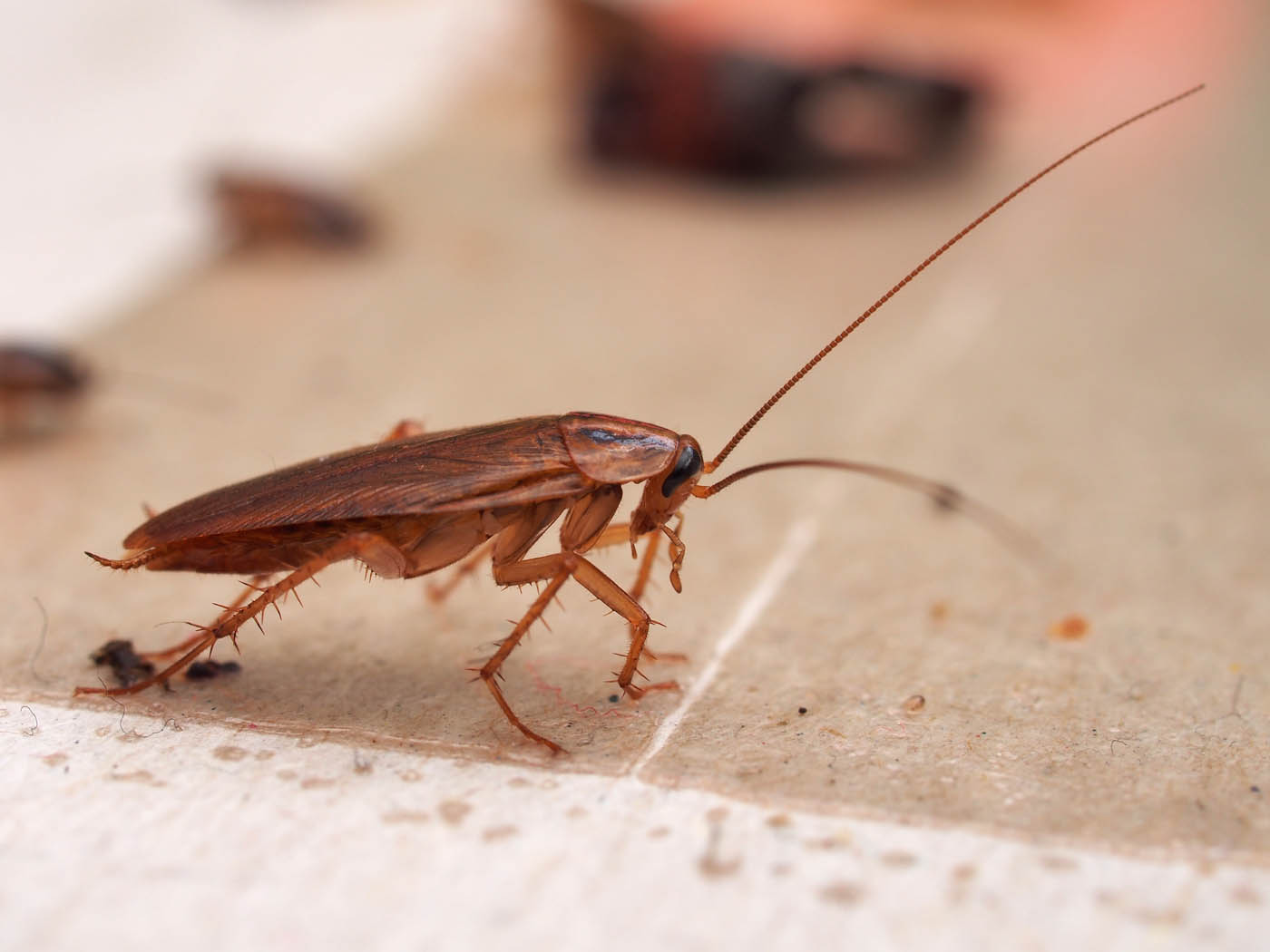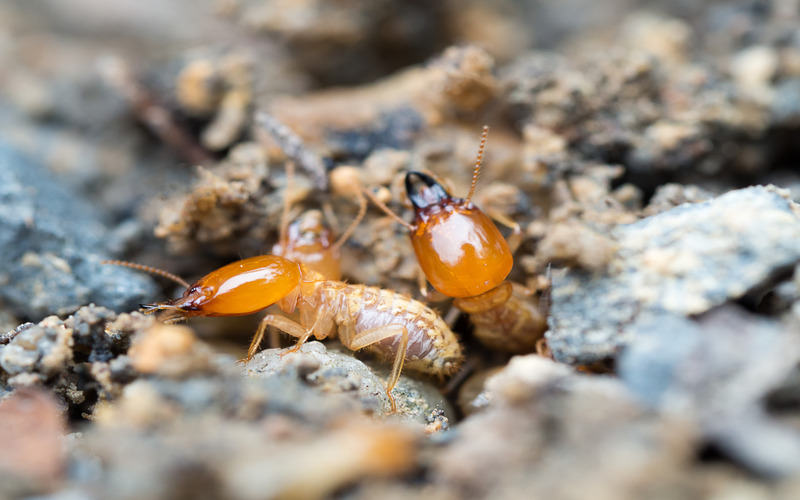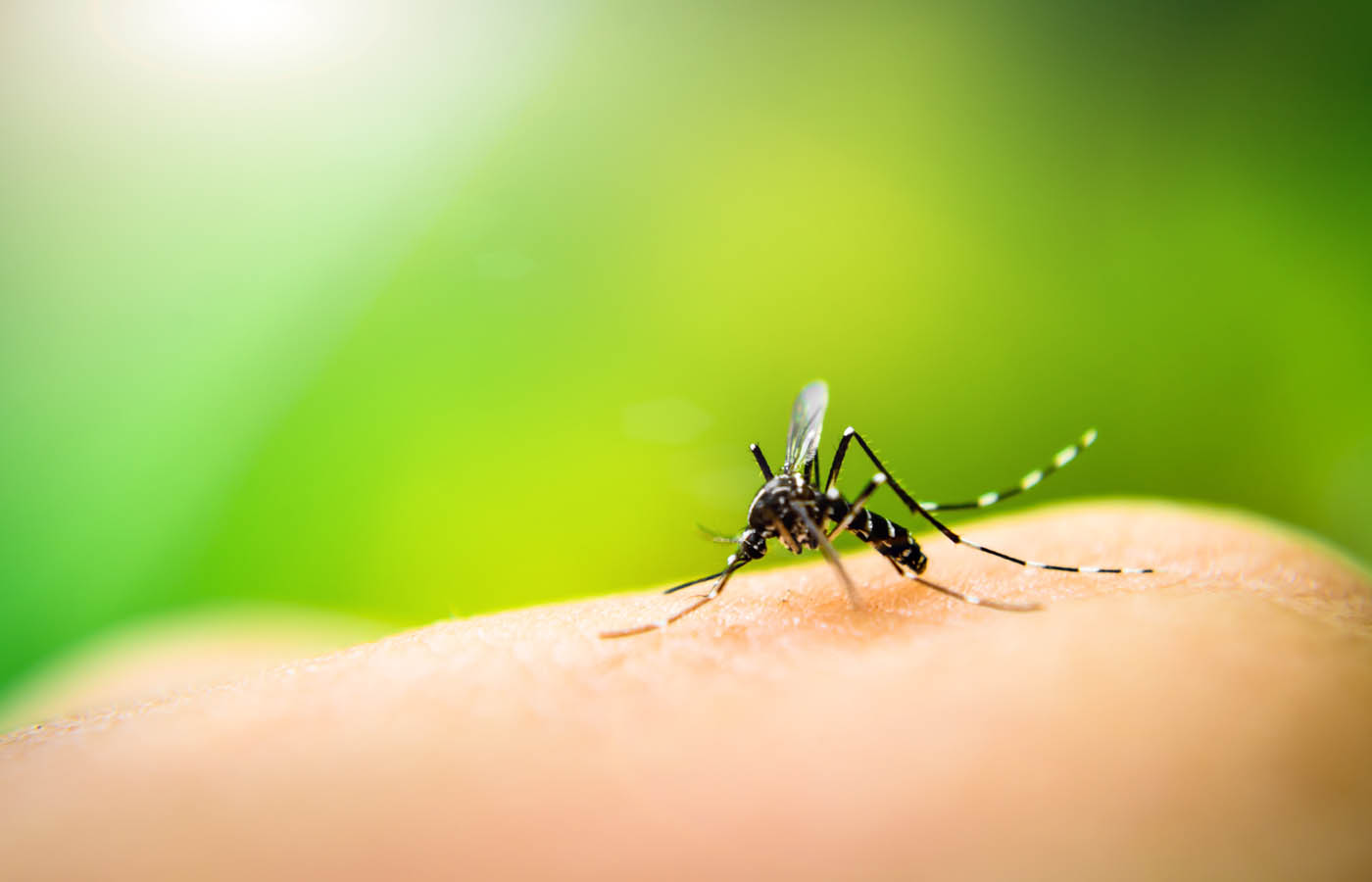Mice in House Apr. 23rd 2018
5 Important Things You Must Know About House Mouse Mice are very common in households. There are several indicators which can help you recognize if your house is infested with mice and if it is, what is calling them to your house? Let us discover a few of these.
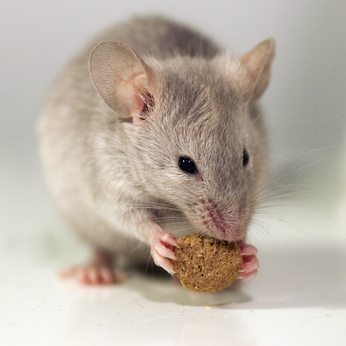
5 Important Things You Must Know About House Mouse
Mice are very common in households. There are several indicators which can help you recognize if your house is infested with mice and if it is, what is calling them to your house? Let us discover a few of these.
What Is the Physical Appearance of Mice?
It's most likely that you would have encountered mice in your house and already know what they look like. They are extremely common in homes of people throughout the world. When mice get in your house, your best option is always contacting your local mice exterminator. House and deer mice are the two species which are often seen in household premises. They are very similar to rodents but are tinier than rats and squirrels. They are also usually 3 inches long, and their tails are nearly of the same length. Most mice are black or brown with a pointed nose. They have tiny eyes and ears with almost no hair. Mice have scaled tails instead of hairy ones. Deer mice are about 12 cm to 28 centimeters long. Their weight ranges from 15 g to 32 g. As their name suggests, they have a similar color to deer. They are also called field mice.What Do Mice Droppings Look Like And How To Recognize Them?
Mice droppings vary in size. They may be minimum 3/16 inches long and may go to a maximum of � inches. They are similar to grains of rice and may be of different colors like grey or blackish brown. Their feces are pointed towards the end, and the color completely depends on factors such as how old they are. When the droppings are fresh, they are black and then slowly turn brown as days pass. After too much time has passed they turn grey. If you use bait to feed them pesticides, there is a high probability that the droppings will be of a similar color as your bait. It is recommended to use gloves or some protection while touching droppings. Fresh droppings are malleable and soft while old ones mostly crumble upon touching. Mice leave 50-75 droppings a day. You will be able to figure out the extent of your problem by analyzing the magnitude of droppings in your house. Mice have a habit of excreting while moving and therefore most of the droppings are present in a straight line. They are hygienic creatures and will never excrete in their homes. They usually do so near food sources or their nests. Mice droppings are known not to possess smell. If you notice droppings around the home, it's a good idea to call a rodent removal specialist. Rest Easy Pest Control has years of experience in identifying and removing mice from homes.-----------------------------------
Related Article:
Homemade Mouse Poison: 5 DIY Methods to Kill Mice
-----------------------------------
What Attracts Mice in Your House And How To Keep Them Away?
To prevent a mouse problem, you must know what attracts them to your house. According to the Centers for Disease and Control Prevention, rodents can spread diseases such as Hantavirus, Leptospirosis, and Salmonellosis. Mice are usually looking for three things, mainly, food, shelter, and warmth. They are known to survive on a vegetarian meal like rice, grains, fruits, and oats. If you have cereals or seeds at home, this could be a welcome sign to these creatures. The best solution to this is to put them in airtight containers and keep them sealed properly. Mice are also attracted to pet and bird food. Mice are drawn by trash as well because they look for food in the garbage and are not very selective when they are hungry. They also love crumbs and clutter so keeping your house and surroundings clean is the best way to repel them. If they see cracks and crevices, they may enter your house or lack of predators could lead them in. Ensure that you vacuum your house and leave no crumbs in the corners for them to savor. Also, try to seal any entryways open to them.-----------------------------------
"Mice defecate anywhere and everywhere. If you start to see a large number of droppings (round little pellets), this is a good indication that you have an infestation."
-Rest Easy Pest Control
-----------------------------------
What Is the Lifespan of a House Mouse?
Wild ones live for about 5-6 months. However, if there are proper living conditions, they can live for nearly two years. Proper conditions comprise of sufficient food supply without having to face too much competition from different rodents. Temperature, along with climate, plays an important role in deciding lifespan. Mice are known to be capable of surviving without water for months. When temperatures are low, their reproduction process slows down.-----------------------------------
Related Article:
The Mice Nightmare: How to Deal with Mouse in the House
-----------------------------------
Signs of Mouse Infestation in Your Home
Any kind of infestation in your home is the basic equivalent of "house cancer." The damage that can be caused by a mouse infestation can prove to be catastrophic, not to mention the danger to your family's health. Rodents, particularly the mouse, can become a real problem very quickly. To help quell any issues, it is important that you learn the signs of a mouse infestation. Below are five signs that will help you keep your house and family safe.- Visual sighting
- Mouse droppings
- Scratching noises
- Gnawed materials
- Tracks
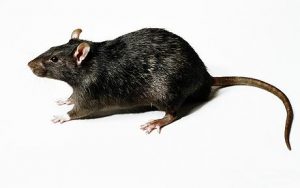 Mice and rats are drawn by trash as well because they look for food in the garbage and are not very selective when they are hungry.
A mice infestation can be a harrowing and damaging experience. The first thing you must learn is to look for the above signs of a mouse infestation. Once you identify the problem, move forward to fix it, and utilize a professional mouse proofing, if needed.
Recognizing mice can be very easy if you notice the right details. Look for droppings as an indication of infestation. They are common in almost all households and to stop them from entering, you must maintain cleanliness.
But if you still have difficulties to get rid of mice infestation in your home, don't wait to call a professional!***
Related Articles:
Mice and rats are drawn by trash as well because they look for food in the garbage and are not very selective when they are hungry.
A mice infestation can be a harrowing and damaging experience. The first thing you must learn is to look for the above signs of a mouse infestation. Once you identify the problem, move forward to fix it, and utilize a professional mouse proofing, if needed.
Recognizing mice can be very easy if you notice the right details. Look for droppings as an indication of infestation. They are common in almost all households and to stop them from entering, you must maintain cleanliness.
But if you still have difficulties to get rid of mice infestation in your home, don't wait to call a professional!***
Related Articles:

